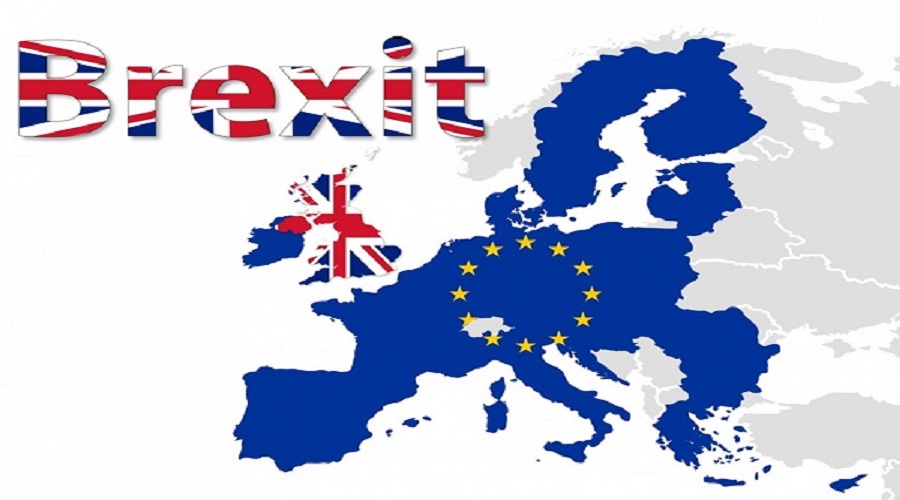the ongoing saga of Brexit dominated European and global politics, as the United Kingdom’s decision to leave the European Union continued to unfold. The term “Brexit” refers to Britain’s vote in 2016 to exit the European Union, and 2017 marked a critical year for the process of negotiation and implementation. The effects of Brexit were felt across the EU, the UK, and beyond, influencing trade, political relationships, and even the social fabric of Europe.
The referendum that led to Brexit was the result of years of growing discontent in the UK with its membership in the European Union. While some argued that being part of the EU was beneficial economically, politically, and socially, others, particularly in the UK’s Conservative Party, felt that EU membership limited the country’s sovereignty and economic opportunities. This divide led to the Brexit referendum, where the majority of voters (51.9%) chose to leave the EU, triggering the beginning of the lengthy and complex negotiation process.
In 2017, the first phase of Brexit negotiations took place. The UK government, led by Prime Minister Theresa May, began formal talks with the EU about how the separation would work. One of the primary issues was the financial settlement the UK would owe the EU. The UK had committed to certain financial obligations as part of its membership, and leaving the EU meant that Britain would need to resolve these outstanding financial matters. This became one of the most contentious issues in the early months of negotiations.
Another major concern was the future of the border between the Republic of Ireland (which remained in the EU) and Northern Ireland (which is part of the UK). A hard border, with checkpoints and customs controls, was seen as a potential threat to the Good Friday Agreement, a peace deal signed in 1998 that helped end decades of conflict in Northern Ireland. Both the UK and the EU agreed that there should be no hard border, but finding a practical solution proved difficult. This issue, among others, delayed the progress of negotiations and left many questions about the future of the UK-EU relationship unresolved.
The European Union itself was significantly impacted by the UK’s decision to leave. The EU lost one of its largest and most influential member states, both economically and politically. The departure of the UK also raised concerns about the future of the EU and whether other countries might follow suit. Some members, particularly in the EU’s eastern and southern regions, expressed dissatisfaction with the union and suggested that their countries could eventually leave. While these concerns were largely hypothetical in 2017, the rise of nationalist and populist movements across Europe seemed to give some credibility to the idea that other countries could follow the UK’s example.
For the EU, Brexit presented both challenges and opportunities. On the one hand, the loss of the UK’s contributions to the EU budget and the potential for trade disruptions were seen as significant drawbacks. On the other hand, Brexit gave the EU an opportunity to refocus on its core values and strengthen the relationships between the remaining member states. Some EU leaders saw Brexit as a chance to create a more unified and cohesive European Union, one that could become more integrated and secure in the face of external challenges.
The impact of Brexit on the UK itself was profound. The country was faced with the task of redefining its role in the world, navigating new trade agreements, and adjusting to a different relationship with the European Union. The government struggled to present a clear and unified stance on how the UK would leave the EU, which led to political divisions within the country. There were debates about the type of Brexit the UK should pursue, whether it should remain within the European Single Market or leave it entirely. The economic effects of Brexit were already being felt in 2017, as the pound sterling weakened and businesses began to reconsider their investments and operations in the UK.
For the citizens of the UK, Brexit raised a number of uncertainties. Many people feared that their rights and freedoms would be restricted after leaving the EU, particularly in relation to travel, employment, and healthcare. Additionally, the uncertainty surrounding the negotiations meant that many people were unsure about their future. The political divide created by the referendum was stark, with many in the younger generation and in Scotland voting to remain in the EU, while older voters and many in England and Wales voted to leave. This divide sparked ongoing debates about the true meaning of Brexit and whether it truly represented the will of the British people.
On the global stage, Brexit’s effects were felt in the realm of international trade. The UK would no longer be part of the EU’s common trade policies, meaning that it would need to negotiate its own trade agreements with countries around the world. For many global powers, including the U.S., China, and Japan, the UK’s departure from the EU was a significant event, as it altered the dynamics of international trade. The UK’s negotiating power on the global stage would be different, and businesses operating in the UK would have to adjust to the new trading landscape.
The ongoing negotiations throughout 2017 highlighted the complexities and difficulties of untangling the relationships that had been built over decades of EU membership. The future of the UK’s relationship with the EU remained uncertain, with both sides needing to make difficult decisions. While some progress was made, the overall picture was unclear, with potential for further political and economic turbulence.
Brexit marked a significant turning point in European history, and its impact in 2017 set the stage for years of negotiations and political challenges. The consequences of the UK leaving the EU would continue to reverberate across Europe and the world, shaping the course of European integration and international diplomacy for years to come.






